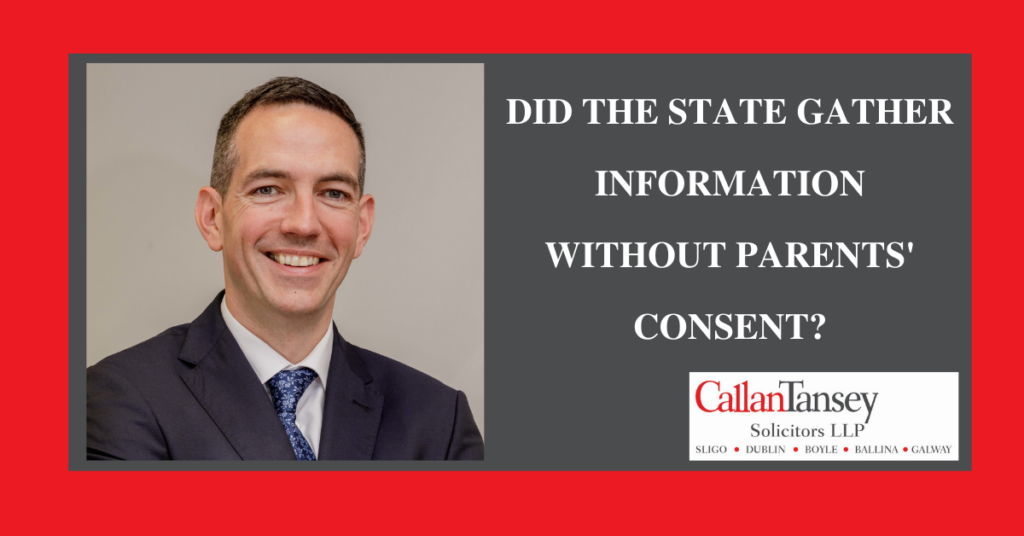In the late 1990s and early 2000’s, over a hundred families took legal actions against the State alleging failure to provide appropriate education and supports for their autistic children. Matters came to prominent public attention in 1999 when the future president of the High Court, Mr Justice Peter Kelly, ordered the then Minister for Education to appear before him to address the court as to why the State had not taken steps to cater for the special educational needs of an autistic child.
I had the privilege of acting for dozens of these families seeking to vindicate the rights of their autistic children. All the cases brought had one goal: to improve the provision of education and services.
In essence, the actions centred on the Constitutional right to education. In failing to provide education suitable for their needs, the argument ran, the State was failing to vindicate the right to free primary education under Article 40.3.3.
It now seems that a whistle-blower has made a protected disclosure concerning almost 50 families who initiated court proceedings during that time. Without the consent, knowledge, or approval of the parents, it seems that information gleaned from private consultations with consultant doctors was passed on to the State with, it would appear, a view to assisting the Department of Health on matters including legal strategy.
Serious ethical issues arise. If parents gave information to a doctor about their child which was predicated on that information being used for therapeutic purposes only, then, it seems to me, it is a breach of that consent for that information to be passed on to a third party for a non-medical purpose without the necessary authorisation coming from those parents. It is for this reason, for instance, that the express, clear consent of patients and families is sought if information about a treatment or condition is going to be used for training or education purposes.
All of this, of course, predates GDPR, but the principles underpinning that legislation have been in place in EU law for over two decades. There has always been a requirement that data be processed in a transparent, fair, and lawful fashion. The argument could be made that there was a failure by some medics to be fully transparent with the parents of autistic children about how information gleaned in a clinical setting was going to be used.
The Department of Health, it seems, commissioned an expert senior counsel to review the practice.
It would be of interest to learn what that opinion has to say about the principles of consent, and the requirement for data to be processed in the manner required by the laws applicable at that time. Furthermore, to what extent can a doctor serve two masters? Is it ethical to ask questions and seek information which may not necessarily be for the therapeutic benefit of the patient and/or his or her family, but which may be targeted instead towards ongoing or contemplated litigation?
The children involved in many of these cases are now adults. Their parents had to battle with the State for years to try level the playing field. To learn that information about their families was being passed in this fashion must be like hearing that one side was trying to make the slope even steeper and will surely reopen old wounds.
Those children (now adults) deserved better then and deserve better now.
If you have any questions regarding the issues raised in this article, please contact Roger Murray, Partner, Callan Tansey Solicitors LLP at rmurray@callantansey.ie.

